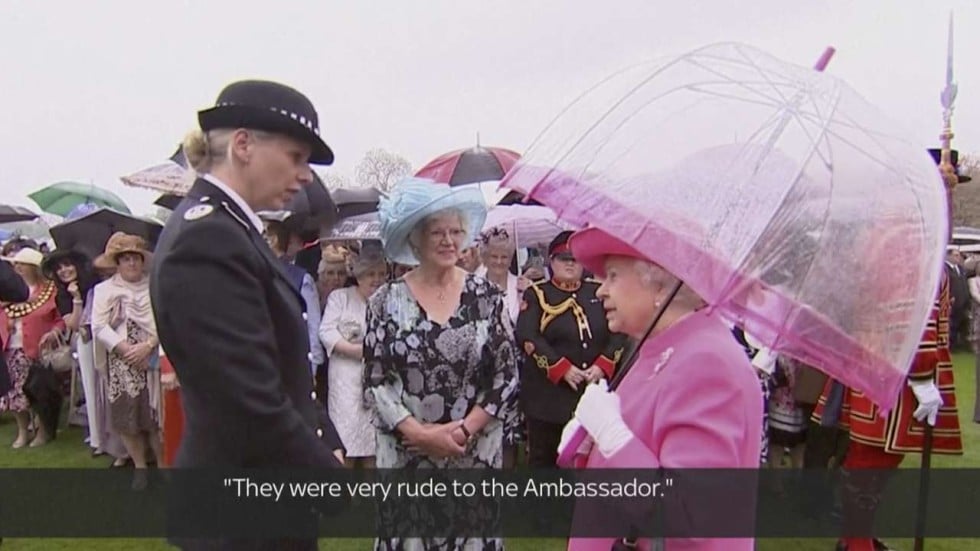RECENTLY I was offered an easy loan with just 5.8% interest rate after activation of my credit card.
There was no pre-qualified questions asked when the sales personnel approached me through the phone. As I had no intention to get funding, I did not take up the offer.
It is understood that the “attractive” rate was offered to attract potential customers. If there is a delay in repayment eventually, the rate would jump up according to the interest incurred on the credit card outstanding balance, which ranges from 15% to 18% per annum.
When I asked around, I found most of my family members had on at least one if not more occasions being offered an easy loan, credit card balance transfer, personal loan, or other credit facilities via phone calls every month.
This contrasts with what I had heard from friends and peers from the property industry regarding housing loan. There have been complaints about stringent requirements for housing loan application and low approval rate. They have this question in mind – where does the money go?
Their concerns are understandable when I see the home loan approval rates was only hovering around 50% for the past few years. In 2013, the approval rate was at 49.2%, it improved slightly to 52.9% in 2014 but went down to 50.2% in 2015.
According to the group president of the Real Estate and Housing Developers Association (Rehda), Datuk Seri FD Iskandar, rejection rate for affordable housing loan applications was more than 50%, and the strict housing/mortgage lending conditions were denying aspiring owners their first homes.
Based on Rehda’s survey in the second half of 2015, loan rejection was the number one reason for unsold units, and affordable homes top the list.
For example, an individual or family with a combined household income of between RM2,500 and RM10,000 are eligible to apply for PR1MA homes that cost between RM100,000 and RM400,000. However, with loan eligibility based on net income, many with their existing commitments such as car loan or credit card outstanding payment, are not able to secure a loan for an affordable home. This dampens the effort of helping qualified households in owning their first homes.
Looking at the situation, I am puzzled with different treatments given to loan application. At one end, there is an easy access for personal loan and credit card financing. On the other, stringent requirements are imposed on housing loan. It seems like the priority has been given to spending on liability instead of asset.
If we look at it from the business perspective, credit card, personal loan and easy loan offer higher profit margin to the banks with interest rates ranging from 12% to 18%, compared to housing loan interest which is about 4.5% to 5%. This may explain the shift of focus among the banks.
Central bank concerned
Reports show that our household debt stood at an alarming 87.9% of GDP as at end of 2014 – one of the highest in the region. It is comprehensible that Bank Negara is concerned with the situation, and would like to impose responsible lending with housing loan.
However, when we look at the details, residential housing loans accounted for 45.7% of total debt, hire purchase at 16.6%, personal financing stood at 15.7%, non-residential loan was 7.7%, securities at 6.5%, followed by credit cards and other items at 3.9% respectively.
A recent McKinsey Global Institute Report highlighted that in advanced countries, housing loans comprise 74% of total household debt on average. As a country that aspires to be a developed nation by 2020, our 45.7% housing loan component is considered low.
Looking at the above, it is ironic that our authorities and banks are strict on funding a house which is a basic necessity and asset for people, but lenient on car loan, personal loan, credit card and other easy financing with higher interest rate, that tend to encourage the rakyat to overspend on depreciating items.
It is common nowadays to see young adults paying half of their salary for car loan, and people go on extravagant holidays or purchase luxury items which rack up their credit card balance. As such it is not surprising that the number of counselling cases took on by Credit Counselling and Debt Management Agency has also shown a worrying upward trend, with the number of cases leaping by 20,000 from 2013 to 2014. There was an average of about 35,000 counselling cases annually from 2008 to 2014, but that figure rose to approximately 60,000 in 2014.
It is important for the authorities and banks to encourage prudent lending and spending, re-look into high housing loan rejection rate, and consider to tighten lending conditions of other loans, such as personal loan and credit card. These will encourage the rakyat to channel their money into assets instead of liabilities, and improve the financial position of the people and the nation in the future.
 By Alan Tong
By Alan Tong
Datuk Alan Tong has over 50 years of experience in property development. He is the group chairman of Bukit Kiara Properties. For feedback, please email feedback@fiabci-asiapacific.com.
Related posts:
Apr 12, 2016 ... Datuk Alan Tong was the world president of FIABCI International for 2005/2006
and awarded the Property Man of the Year 2010 at FIABCI...
Mar 12, 2016 ... Datuk Alan Tong has over 50 years of experience in property development. He is the group chairman of Bukit Kiara Properties. For feedback ...
Feb 16, 2016 ... Datuk Alan Tong has over 50 years of experience in property development. He was the World President of FIABCI International for 2005/2006 .
- PETALING JAYA: The depreciation of the ringgit will not lead to real estate prices crashing. The Malaysian Institute of Estate Agents ...





